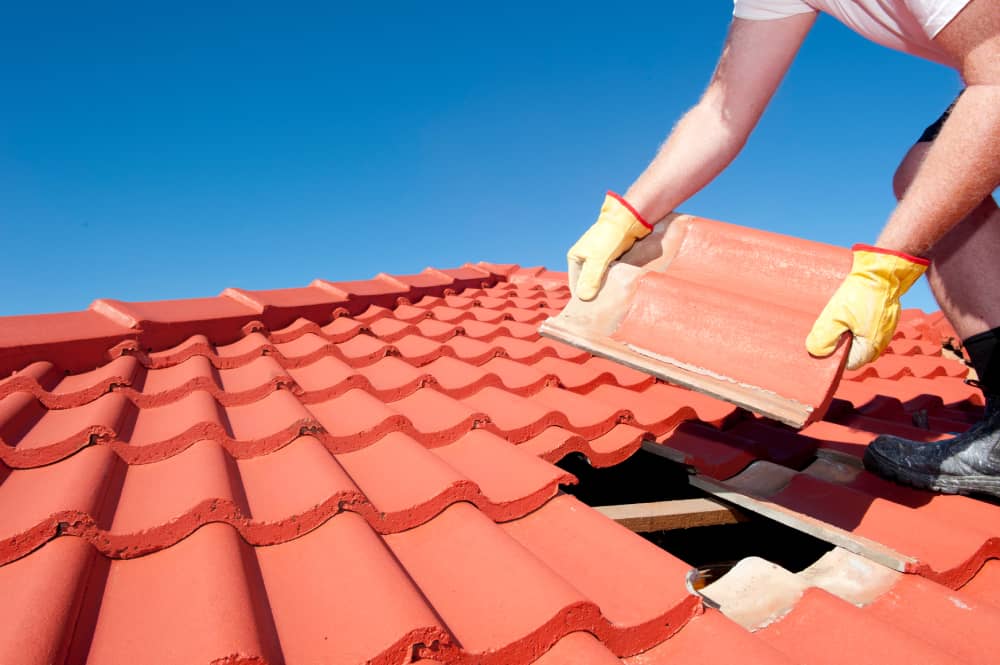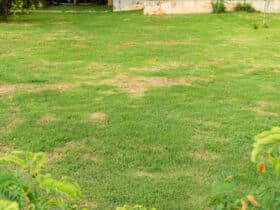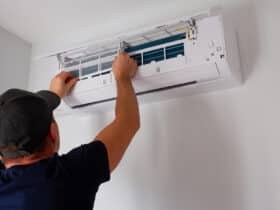Pests such as mice, cockroaches, and flies can spread harmful bacteria that cause disease. In addition, they can cause asthma and allergies in children and adults through their saliva, feces, or shedding of body parts.
Regular pest control maintenance can prevent such issues. It can help you save time trying out at-home remedies and focus on running your business or taking care of your family.
Prevents Diseases and Bacteria
Pests carry diseases and bacteria that can harm humans, animals, and plants. They can also contaminate food and trigger allergies and asthma in people. Regular pest control keeps these nasty creatures away from your living spaces.
Rodents and cockroaches spread diseases like cholera, plague, Salmonella, and trichinosis. They can also cause fires, and their droppings aggravate respiratory problems in people.
Pesticides kill pests by interacting with their bodies or damaging their protective exoskeletons. However, some pests develop resistance to certain pesticides. Rotating pesticides and using different types can help prevent this development.
Other forms of Inverness FL pest control involve killing or removing a pest, blocking it off, or making its environment unsuitable for it to live in. Examples of these include traps for rodents, steam sterilization of soil, and barriers such as screens to keep birds and insects out. These methods may only sometimes be as effective or safe as chemical pest control, but they can be helpful in some situations.
Prevents Insects from Infesting Your Home
Pests like rodents, cockroaches, and mosquitoes can cause diseases that affect your health. They also contaminate food, damage homes, and trigger allergies and asthma. Having regular pest control prevents these pests from invading your property.
The first step to pest prevention is removing their sources of food, water, and shelter. It’s essential to store food in containers that are properly sealed and to make sure to remove any garbage regularly. Maintaining a clean and hygienic environment is essential. Clean counters and tables and rinse recycling containers to free them from crumbs and spills. Fix leaky plumbing and eliminate standing water, which attracts pests.
Sealing any cracks and crevices is essential to prevent insects from entering your home. Installing screens on your windows and doors will also allow fresh air to circulate while keeping bugs out. Finally, avoid wood mulch in your landscaping and use rock or sand instead. This will deter beetles and termites, which love to eat wood.
Prevents Insects from Infesting Your Pets
Many pests like ants, fleas, and ticks cause disease in pets. Fleas and ticks are carriers of different bacteria. Rodents can also carry parasites and diseases like salmonellosis or leptospirosis that can spread to humans and pets when they eat infected animals or drink contaminated water.
While regular bathing and grooming will keep your pet free from a flea or tick infestation, they will only do so much. This is where pest control comes in.
A pest control company will spray your home to keep these creatures away from your pets and children. Several treatments are safe for your pets and their environments and effective against most pests. If you choose to use do-it-yourself options, such as traps or pheromone traps, be sure to place them high off the ground or in a space your pets don’t have access to. Using natural repellants, such as garlic, can also adversely affect your pets if they ingest it.
Prevents Insects from Infesting Your Garden
The best way to prevent garden pests is to understand what draws them in and the conditions they need to thrive. Many pests are attracted to overcrowded, poorly drained, unhealthy plants that lack proper watering and nutrition.
Many pests can be controlled with cultural methods such as crop rotation, avoiding over-fertilizing and mulching, reducing weed populations, and keeping the garden clean. Other strategies include mesh netting to protect berries, fruit trees, vegetable plants, pheromone or rodent traps, row covers, and raised planters.













